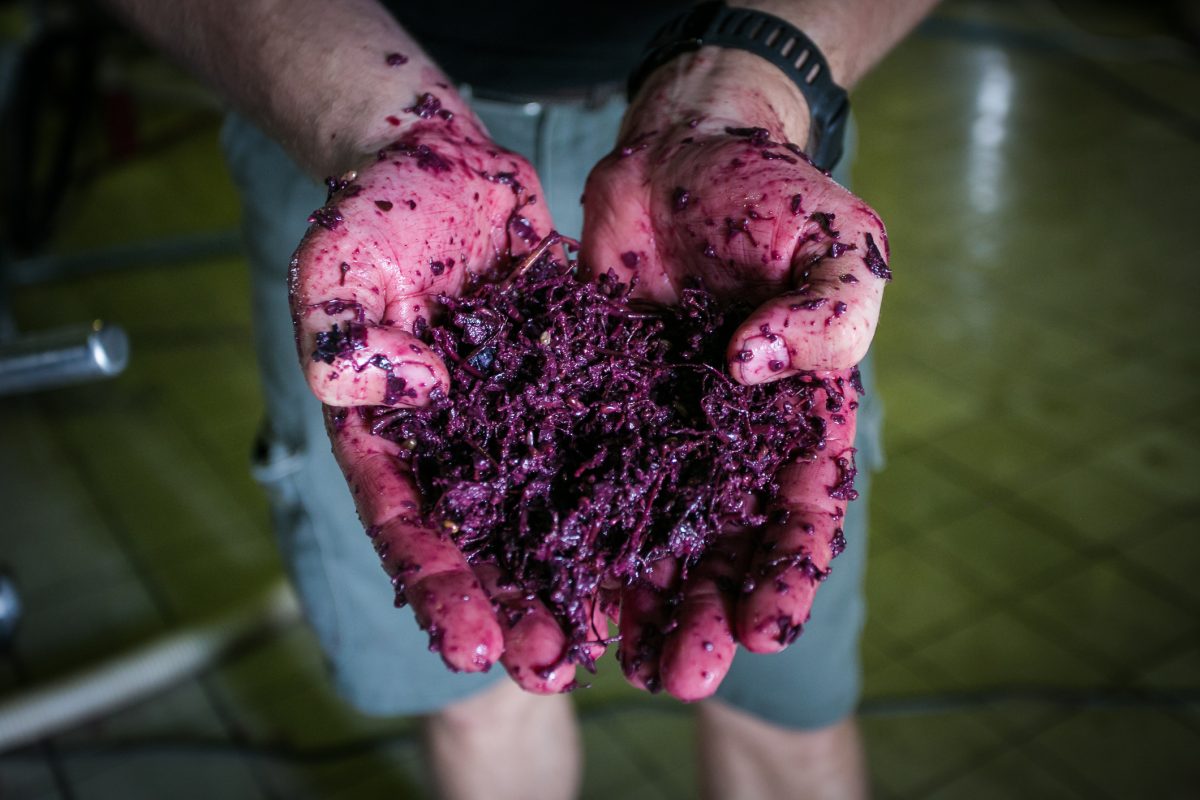Chemical engineers from Monash University have identified winemaking waste as a potential source of nutraceuticals, pharmaceuticals and food colouring.
PhD student Xueqing (Rachel) Liu and Associate Professor Victoria Haritos have found that compounds derived from red wine grapes have significant levels of bioactive natural compounds called polyphenols and anthocyanins.
“Bioactive polyphenols and anthocyanins could have a number of commercial applications as functional ingredients, in dietary supplements and as natural food colourings,” Liu explained.
Polyphenols are found in a number of fruits, vegetables and cereals, and have been linked to protection against developing cancers, cardiovascular diseases, diabetes, osteoporosis and neurodegenerative diseases.
Anthocyanins, the pigments responsible for the colours red, purple and blue in many fruits and vegetables, have also been associated with the prevention of cardiovascular disease, cancer and diabetes.
Of the approximately 2 million tonnes of wine grapes crushed annually in Australia, around 20 per cent by volume is waste, including skins, seeds, and stalks. Currently, this waste is primarily being utilised as compost, with the potential of its bioactive agents going widely unnoticed.
“Across the Australian wine industry this means there is a massive volume of waste from which these compounds could be recovered and used,” Haritos said.
The majority of winemaking waste is currently returned to the land as compost, or other low value uses and the potential value of the bioactives it contains goes unrealised.
“Across the Australian wine industry this means there is a massive volume of waste from which these compounds could be recovered and used” said Professor Victoria Haritos.
“We see great opportunities and are keen to explore how this waste product can be processed commercially,” she added.
The initial research has been published in the journal Cleaner Waste Systems, and was supported by Treasury Wine Estates and winemaking samples were gathered in the Yarra Valley at Coldstream Hills Winery.
The next phase of Liu’s research will investigate processes for extracting the bioactive compounds and other potential uses, including functional non-alcoholic beverages.

